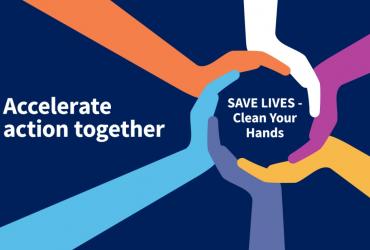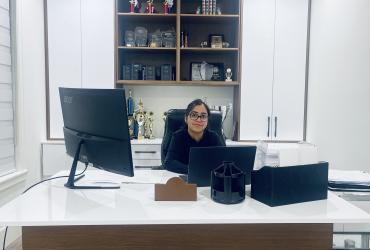Preparation Tips for Future Students
By preparing for your work term, you will be equipped to make a positive impression, contribute effectively, and make the most of the learning your term offers. Here are some tips that I would have found helpful starting out.
1. Complete your onboarding forms ASAP. I have heard many challenging stories from other co-op students who had delays to their start date because processing security forms does take time, or there were equipment delays, etc. To avoid these issues, complete any onboarding, security, tax, etc. forms as soon as you can and return them to your employer. Delays to your start date can be out of your control, but you can at least start your term right by completing all your paperwork in good time.
2. Embrace the reality of trying new things and the potential to expand your comfort zone. You will have a much more rewarding co-op experience if you are willing to try new things so enter your new work term being open to new experiences and tasks. This is especially relevant if you are entering your first work term. If you start with an open mind, you might be able to make more connections and learn new things. For example, things I might have previously avoided, such as reaching out to strangers in my new workplace and asking for their time to have a discussion, ended up greatly improving my work term and helped me grow personally and professionally.















